The Whitsun custom in the Schwalm is a custom of demand. The children of a village move in a parade from house to house demanding small donations.
The course varies from village to village a little bit, and over the decades small changes to the custom have come about. However, the essence of it remains the same.
On Whitsun Monday, the boys of a village go to the forest. There, one of them is bound with fresh green branches, grass, and moss to be transformed into the Pfingstmännchen (Whitsun manikin).
The whole body is wrapped with branches and greenery. Only small ports allow the boy to look out.
Movement with the thick and heavy framework was cumbersome, but all had fun in it.
It was a special privilege to be the Pfingstmännchen.
The girls of the village brought their most beautiful silk ribbons to a seamstress to decorate a fanciful Pfingstbügel (Whitsun frame). The Pfingstbügel is a half-circle shield that is perched on top of a center staff
or on two side staffs used for carrying. Often the bottom parts of the staffs were decorated with carved or coloured designs or wrapped with ribbons.
One side of the shield is decorated with red bands,
the other side with green bands.
Often a diagonal cross, made of two bands, is an additional decoration. A small flower bouquet is fastened on top.
Wearing their festive costumes and carrying small Schwalm baskets, the girls walk to the forest to fetch the boys.
The girl with the Pfingstbügel is the leader. It is a special privilege to hold the shield. Going out of the village, the red side of the shield is facing forward.
Together with the Pfingstmännchen, they go back to the village to start their parade. Coming back to the village, the green side of the shield is facing forward. It symbolizes the awakening and “greening” of nature.
Dr. Andreas Scheller took the photo below circa 1940.
Back in the village, the children, along with the Pfingstmännchen, go from house to house to collect small donations. Traditionally, donations are eggs, bacon, sweets, and coins. The children recite jingles or sing folk songs.
Following the procession, pancakes are made using the eggs, and all the children have a nice meal together.
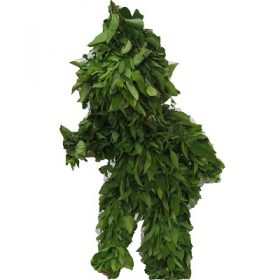
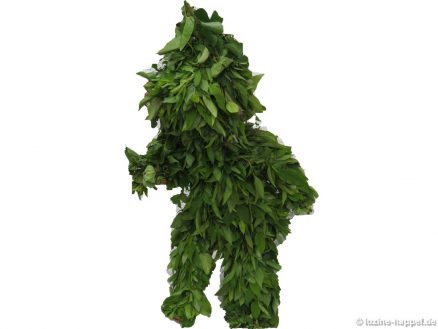
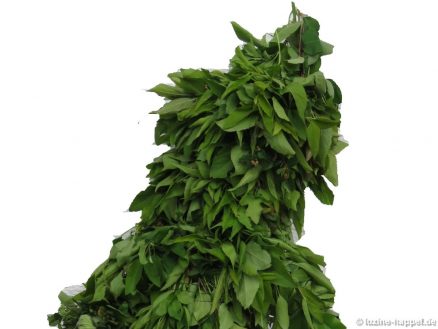
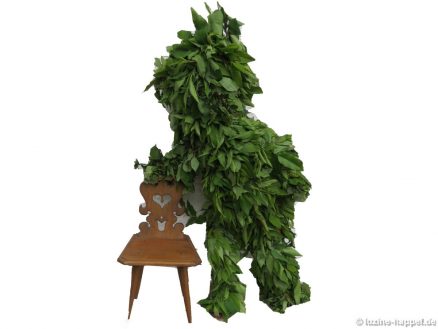
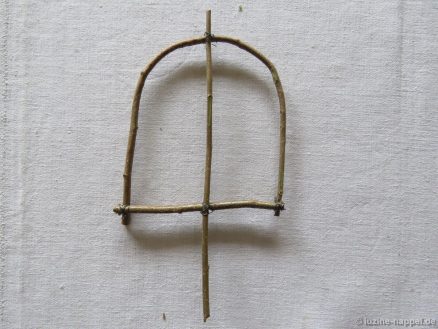
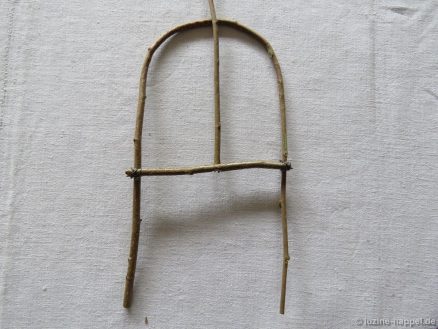
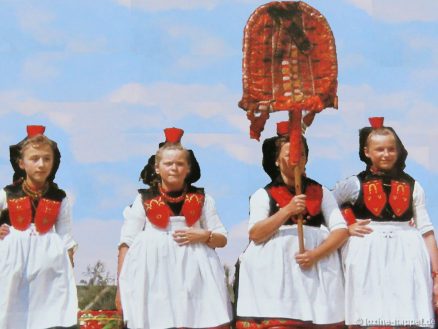
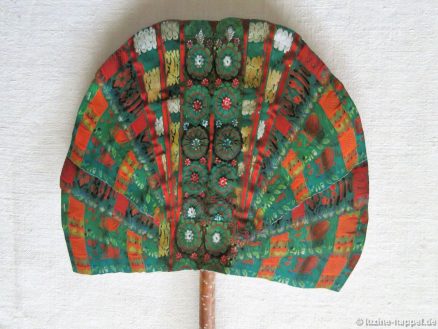
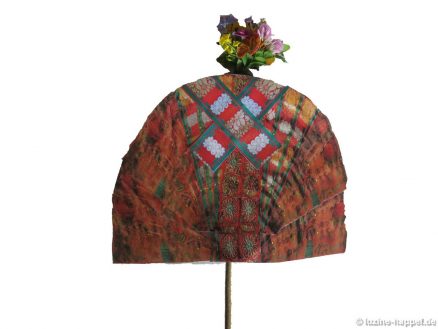
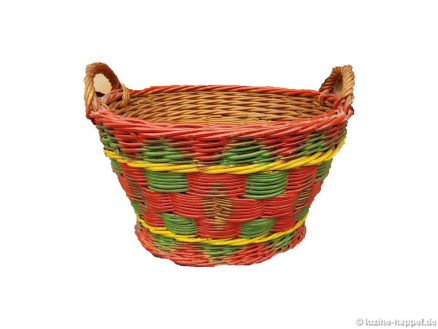
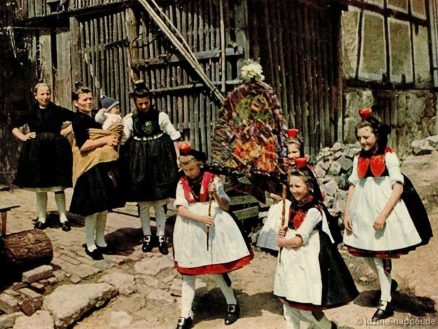
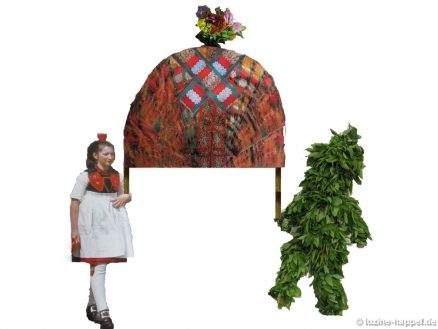

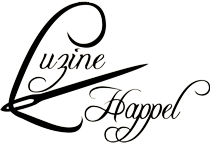
Leave a Reply